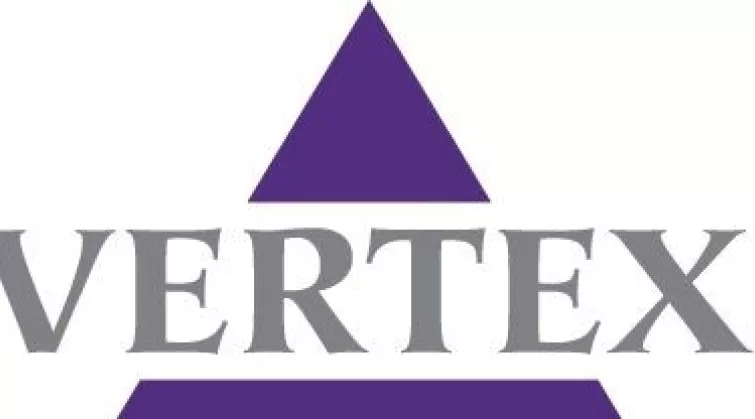Announcement
17 November 2025
Enrich your clinical training - apply for a fully funded industry placement
RCPCH, in partnership with Vertex and the Faculty of Pharmaceutical Medicine, is delighted to announce the annual launch of the Vertex Physicians in Pharma Programme (VPiPP).













